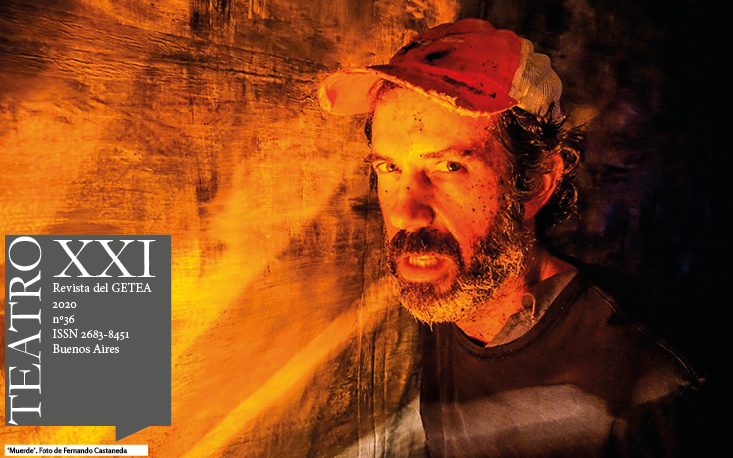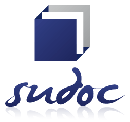Catástrofe y utopía en el teatro de Rafael Spregelburd. Lectura de un paisaje intermedial
Resumo
Rafael Spregelburd es, sin dudas, uno de los dramaturgos argentinos más destacados en la escena internacional, así como uno de los más productivos de su generación. Sus trabajos han indagado de forma sostenida las teorías de la complejidad y la filosofía del lenguaje. Se trata de un teatro que se ocupa igualmente de experimentar sobre diferentes relaciones intermediales (combinación, referencialidad, entre otras operaciones) con las artes visuales, el cine, la literatura, la música y la televisión. Es el caso de Spam (2013): un hombre se encuentra solo y sin memoria en un hotel. Rodeado de cajas de muñecas parlantes y vestido con un smoking, Mario Monti piensa reconstruir su identidad a partir de los mails. Tomando en préstamo algunos procedimientos y motivos del género policial, la trama no sólo desarrolla la odisea de Monti y su contacto con el hampa, sino que reflexiona sobre los entornos chatarra del capitalismo contemporáneo y los usos a la vez sintomáticos y estratégicos del archivo cultural. El presente trabajo busca articular la perspectiva intermedial y los estudios teatrales (Rajewsky, 2015; Sarrazac, 2009) con una mirada atenta a las características específicas del trabajo artístico de Rafael Spregelburd (Rodríguez Carranza, 2016; Dubatti, 2012). El propósito es analizar el diálogo del teatro con otros medios como una forma eficaz (artística y crítica) de reflexionar sobre los contornos del arte contemporáneo y, sobre todo, de indagar sobre las posibilidades de representar la historia reciente y el mundo de hoy (Bal, 2016; Pardo, 2006).Downloads
Não há dados estatísticos.
Publicado
2020-10-10
Como Citar
Pinta, M. F. (2020). Catástrofe y utopía en el teatro de Rafael Spregelburd. Lectura de un paisaje intermedial. Teatro XXI, (36), 62-74. https://doi.org/10.34096/teatroxxi.n36.8801
Edição
Seção
Dossier













